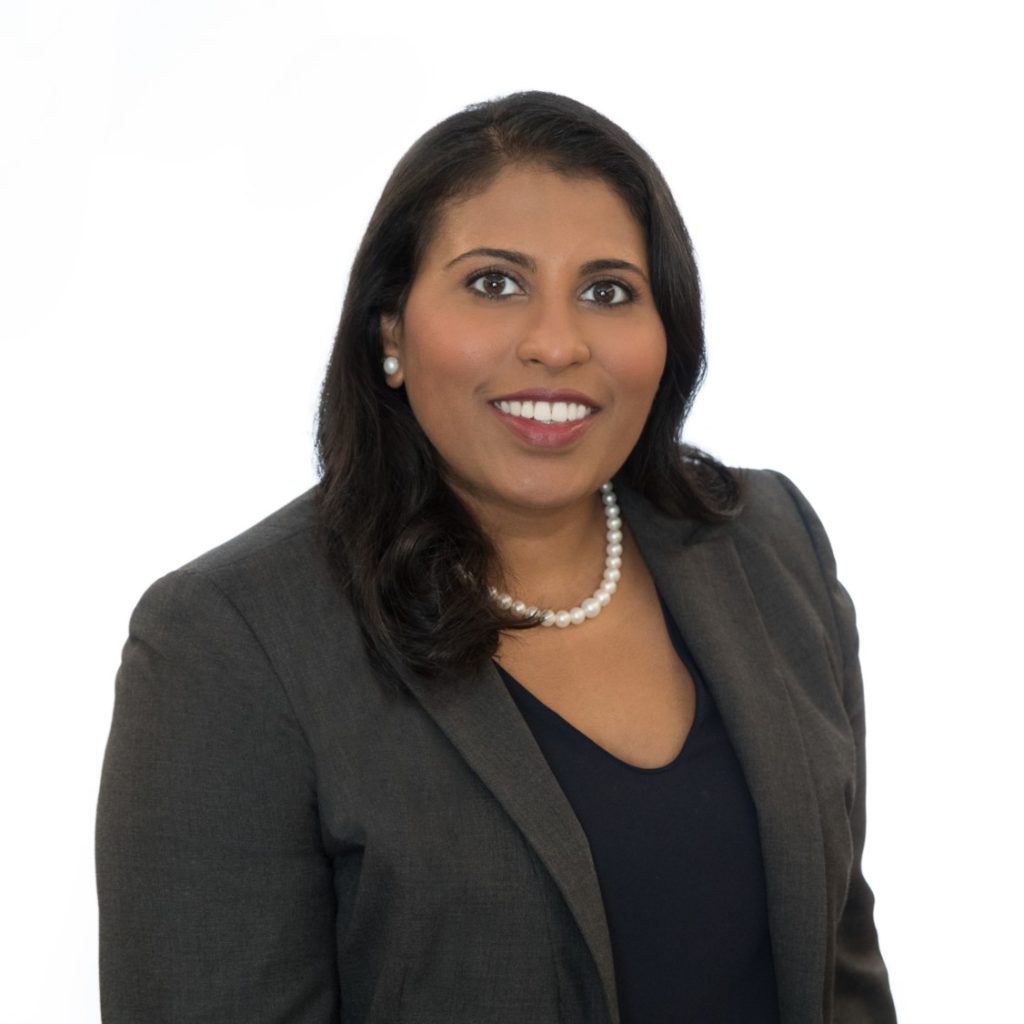Scientists, take the reins! Contribute to policy-making at a local and federal level!
Sujata Emani
As a scientist, maybe you’ve had a day when you wondered “What am I doing?”, or “Why does this matter?” Alternatively, you may have exclaimed “I want to share this with everyone!”
Each of these questions tilts on the idea that what you do, your science, has significance . And you want this to be more clearly understood by yourself, your colleagues, and whoever is willing to listen. Public engagement in science isn’t about making science more appealing to the public, it’s about sharing in the scientific endeavor with the public as stakeholders (Srinivas, 2017). While a massive demographic, the public is just one stakeholder with whom you ought to share the significance of your science. Consider all the other decision makers that need to hear from you!
As of 2017 the Federal Government was no longer the largest funder of the basic sciences (Congressional Research Service, 2020) (Mervis, 2017). The Federal Government is still a major source for research funding, though. Guess what the means. It means that lots and lots of people are getting paid through the research enterprise and therefore science is a significant part of the economy and society. It also means that the representatives of those tax-payers need to be scientifically informed because they will be making decisions that matter to you and everyone else.
So what do you have to do with all this? In the past scientists have chosen to stay away from policy-making for fear that becoming an advocate will place them at odds with more traditional policy-makers (Boyd, 2019). What if more scientists were policy-makers too? Can this be real? Could that happen?
Yes! And there are ever-more ways of testing those waters for yourself.
Whether you have a scientific doctorate or advanced professional degree, there are many fellowships and other avenues to get involved in policy.
Start Local:
When I was in my hometown in Cleveland, Ohio, I got involved with an organization at the county level that had the earof the County Executive. We were able to refer young professionals in our community to the County Executive to be placed on County Boards and Commissions. This gave a higher profile to those who are scientifically informed and can do a very good job, but might have been overlooked or never found the opportunity on their own.
Additionally, even your city will have committees on which you can provide service. Often having a scientific background gives you a respected place in the community’s eyes (Sample, 2019).
Many cities and counties publish their vacancies online and all it takes is an application. It doesn’t hurt to call your local representatives too and pitch why you’d like to be there.
You might also consider a smaller, but important opportunity to help organize and participate in a ‘Hill Day’ with the institute you work for. This might take the form of a video call with a staffer of a federal or state government representative, or even a trip to DC for a few days of meetings on Capitol Hill. Throughout these events, keep your eyes on the main prize: explaining the significance of research to decision-makers.
Think broader, but still local:
States are getting into the game of bringing in Science and Engineering-minded folk to help make policy. California was, as usual, ahead of the trend with the California Council on Science & Technology Fellowship. This fellowship gives you a 1-year experience to work at the California State Legislature. Not only is this great to add to a resume if you want to return to Academia, but if you want to continue on the Science Policy path, you will have excellent opportunities to showcase your science communication, analytical thinking, and facilitation skills.
Another good example is the Chan Zuckerberg Initiative that recently announced $448M to support State Level Science Policy Fellowships (Chan Zuckerberg Initiative, 2020). So this ball is rolling and we can only expect more doors to open for excellent science communicators to meet some very important decision-makers.
Federal level:
Last but not least the federal level science and technology policy fellowships are for those who want to take a big step out of their locality and research to join a federal agency, congress, the judicial branch or a scientific society in Washington D.C.
FASEB Federation of American Societies for Experimental Biologyhas a nice long list of all of the fellowships! (https://faseb.org/About-FASEB/Careers/Science-Policy-Fellowships.aspx).
A relatively new Fellowship for Technology-centric folks is Tech Congress which is focused on communicating more advanced knowledge in the tech industry. (https://www.techcongress.io/congressional-innovation-fellowship).
It’s wonderful to cultivate your excitement to share knowledge and research impact with the scientific community. It’s just as wonderful and challenging to share that knowledge with non-scientists in the public. I would further encourage you to address this challenge in another way. Consider taking a hands-on role as a local decision-maker on a Board or Commission, or take a year or two to serve the public in a Policy Fellowship. You might wonder why you didn’t do it sooner and you may surprise yourself as to how big of a difference that could make to your neighborhood and the world.
References
Congressional Research Service. (2020). Federal Research and Development (R&D). Retrieved from https://fas.org/sgp/crs/misc/R45715.pdf
Mervis, J. (2017, March 9). Data check: U.S. government share of basic research funding falls below 50%. Science Magazine. doi:10.1126/science.aal0890
Srinivas, K. R. (2017, April). Why Public Engagement Matters in Science. Trends in Biotechnology, pp. 281-283.

Dr. Sujata Emani is a AAAS Science & Technology Policy Fellow at the Department of Energy where she works to develop better ways to innovate in research and development and engaging entrepreneurial thinking and commercialization along the research pipeline
Related Content:

Guest Forum
The two-body problem does not have one answer
